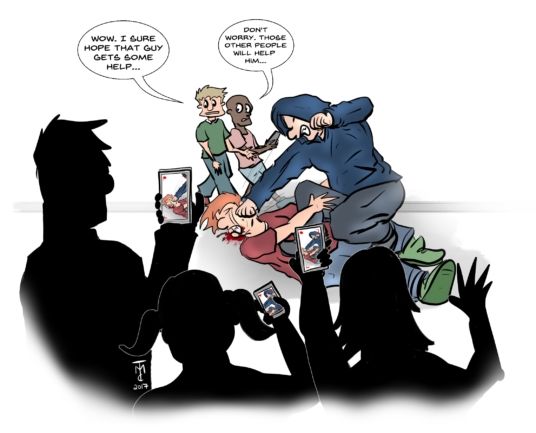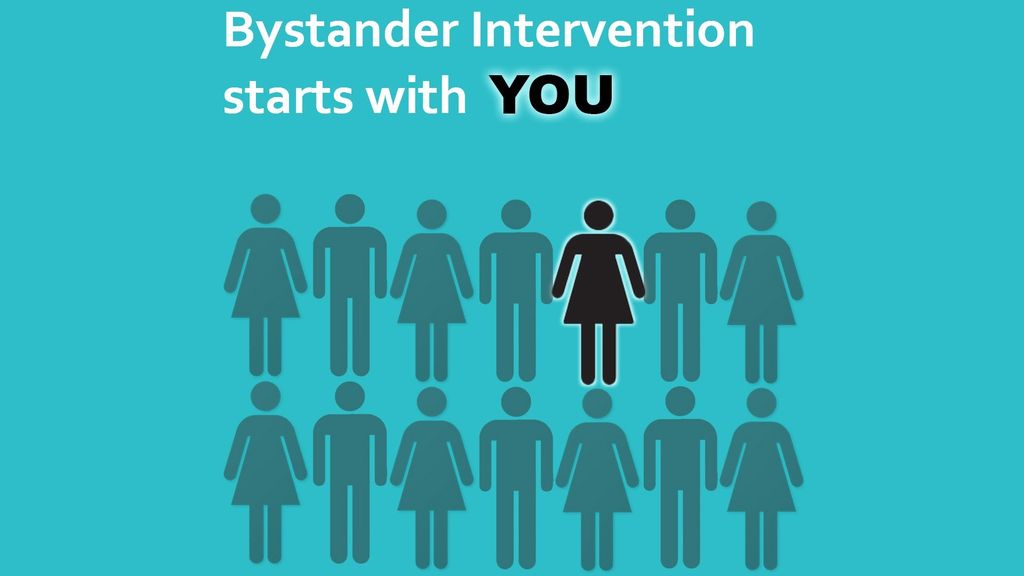Why Do People Hesitate To Help When They Witness A Rape With Their Bare Eyes? - Bystanders Effect
Jun 08, 2019 • 125 views
The viral video from Vizag of a girl getting raped on a public platform in daylight created a lot of questions in us. ‘It was a public place, why didn’t the people help?’ ‘Why didn’t anyone want to stop the rapist or call the police?’ ‘The auto driver could’ve helped the girl instead of taping a video of it’ were the few questions that arise in us.
Before further accusing the public of not making an effort to help the girl let us look at a phenomenon called Bystanders Effect.

The Bystander Effect is a social psychological phenomenon that explains that individual’s willingness to help a victim in need is less likely when other people are present. The greater the number of bystanders (people present in an incident), the less likely it is that one of them will help.This is mainly because of the individuals holding the belief that other people will offer help. It's a diffusion of responsibility that each individual does to other people in the group. A lot of time we would have experienced this phenomenon.
The bystander effect was demonstrated in the laboratory by social psychologists John M. Darley and Bibb Latanéin 1968. In this experiment, an emergency situation is staged and how long the participants (Bystanders) take to help is measured.
The participants are either alone or along with other participants. The staged experiment consisted of a woman in distress. In the experiment, it was found that 70% of people who were alone went out to help but when they were along with the other participants only 40% offered help.
While we are too busy blaming the people for not offering help in Vizag, let us imagine ourselves in their place. Shall we?
Most of us wouldn’t come up to help because of the ignorance that others might help or maybe being cautious that the offender might hurt us.
I myself do not see the girl being raped fight back or run out to seek help. Correct me if I am wrong. Maybe she was too frightened and paralysed or maybe she felt betrayed by her own people?
While we are too busy sharing videos and articles on this issue with the hash-tag #wakeupIndia, did we ourselves first decide to wake up first?
With no offence to any political party and stating that I am not taking sides;
The overall voting percentage of the Lok-Shaba elections was not more than 63 %(Correct me again if I am wrong).
Whoever might win and, irrespective of which political party rules, is it not our sole responsibility to cast our vote? The ignorance of us reflects so much in the elections.
For a country wanting change desperately, for a country wanting the whole India to wake up, we ourselves as individuals failed to wake up. Didn’t we?
In which case aren’t we all pulling a Bystanders effect on our country?

For more information on Bystander effect
